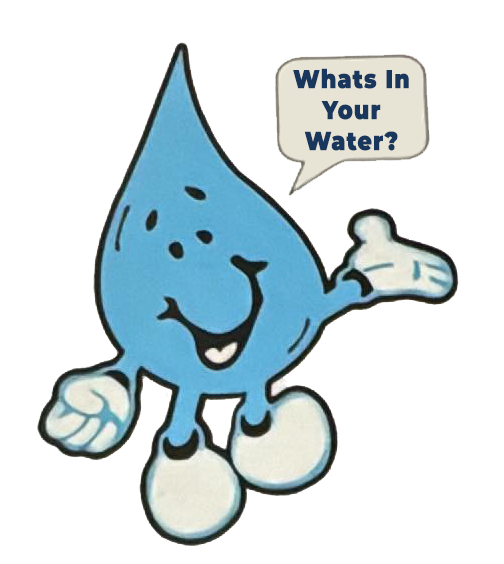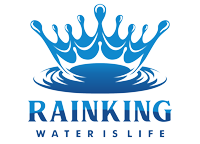Reverse Osmosis Filter Replacement for Clean Water
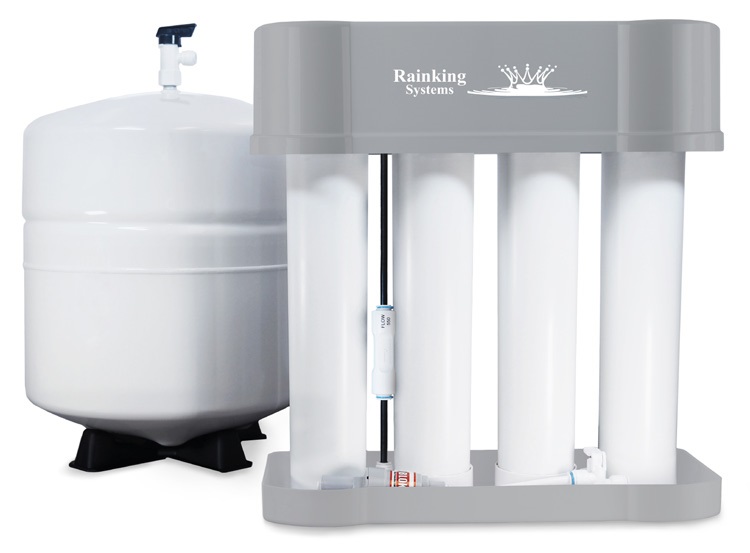
Reverse Osmosis Filter Replacement: Maintain Clean Water Reverse osmosis filter replacement keeps an RO system removing chlorine, sediment, and contaminants effectively. As filters clog over time, water flow and purification efficiency decline. Replacing RO filters on schedule restores clean water, protects the RO membrane, and prevents long-term system damage. This service is for homeowners using […]
The Ultimate Guide to Well Water Safety: Testing, Treatment, and Purification in 2026
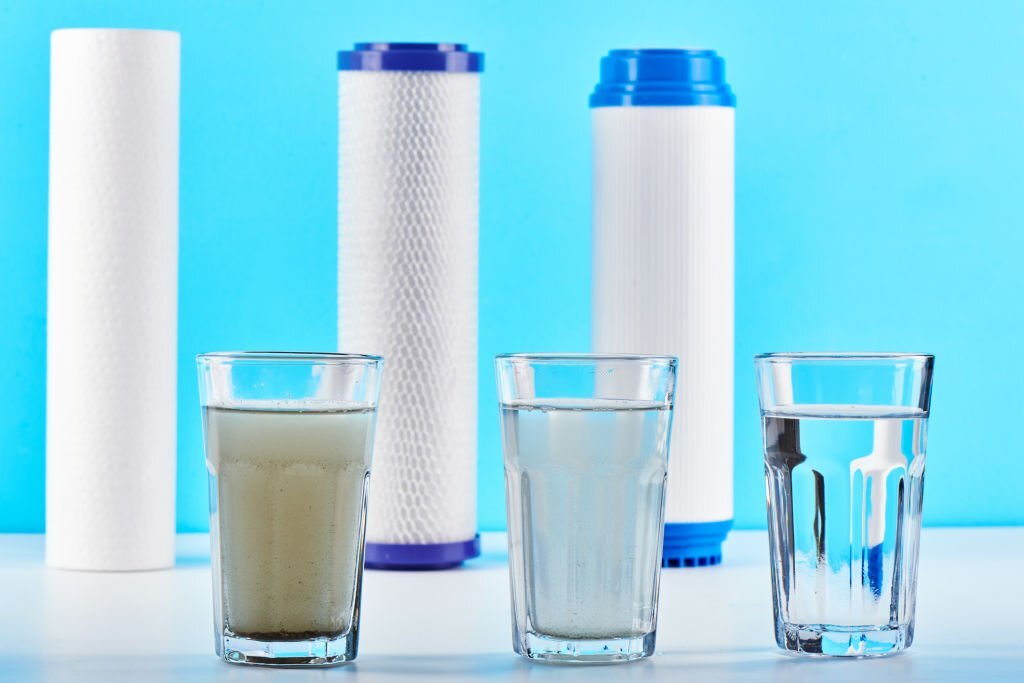
Well water testing is the only reliable way to know what is in your water, because private wells are not monitored like city water. This guide explains what to test for, when DIY kits are enough, when you need professional lab analysis, and how to choose the right treatment, from softeners to reverse osmosis, based […]
The Water Revolution: Unveiling the Future of Filtration Technology
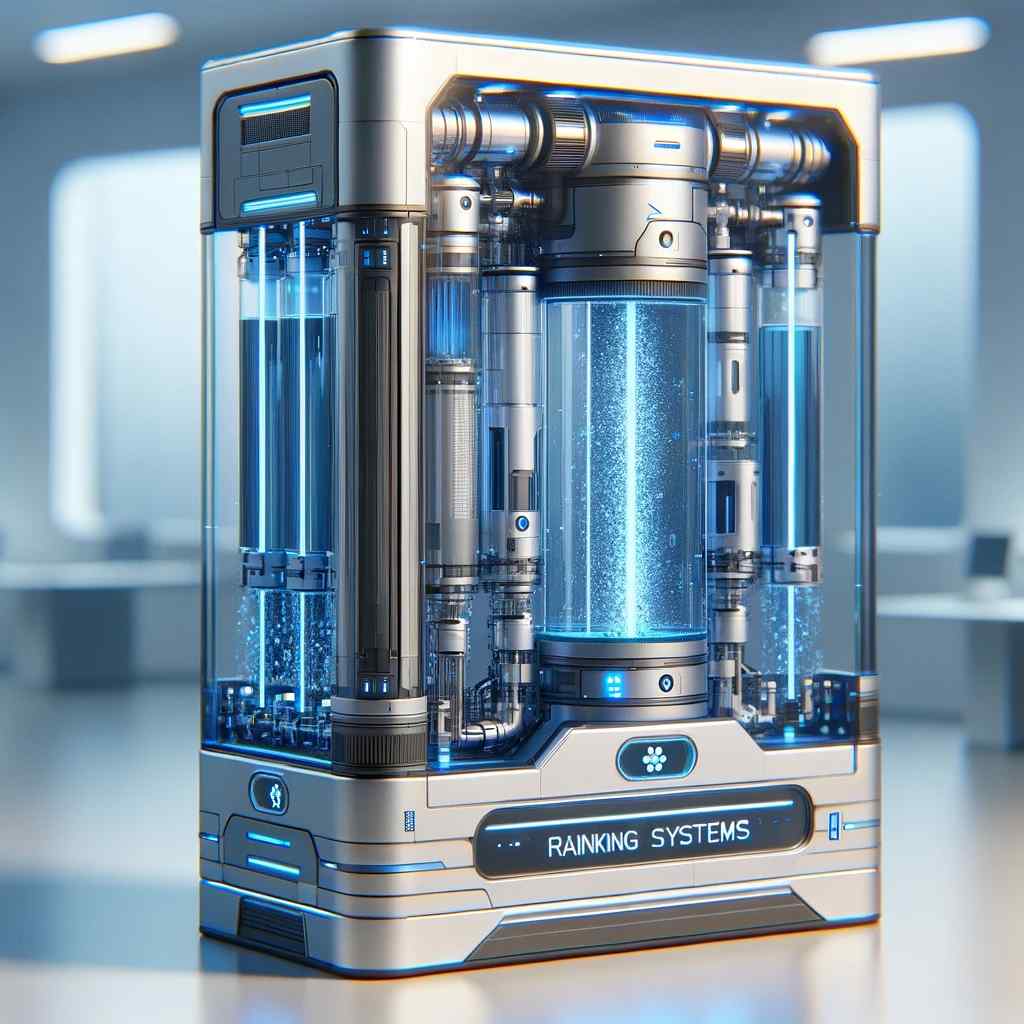
In a world where clean and safe drinking water is becoming increasingly scarce, the need for innovative filtration technology has never been more pressing.
Unveiling the Magic: From Calcium to Sodium – How Water Softeners Work

Have you ever wondered how water softeners work their magic, transforming hard water into soft and silky goodness? It’s a fascinating process that involves a little bit of chemistry, a touch of magic, and a whole lot of science. In this blog post, we will unravel the mystery behind water softeners and delve into the intricate journey from calcium to sodium.
Water softeners play a crucial role in improving the quality of our water, making it more pleasant to use and beneficial for our daily needs. But what exactly happens when hard water passes through these magical devices? How do they manage to remove those pesky minerals that cause limescale buildup and reduce soap’s effectiveness?
Get ready to embark on a captivating exploration of water softeners as we dive deep into the inner workings of these remarkable machines. From the moment hard water enters the softener, a series of ingenious steps are set in motion, ultimately leading to the removal of calcium and other mineral deposits, leaving you with gloriously soft water.
We’ll examine the different components of a water softener and explain how each one contributes to the overall process. Along the way, we’ll also reveal the extraordinary transformation from calcium to sodium, highlighting the key role it plays in water softening. So, whether you’re a chemistry enthusiast or simply curious about how your water is magically transformed, join us on this enchanting journey to uncover the secrets of water softeners.
Water Systems for Restaurants and Food Service: Ensuring Safe and Clean Water in Commercial Kitchens

Food is an integral part of our lives, and for restaurant and food service businesses, ensuring that the food they serve to customers is safe and hygienic is of utmost importance. The quality of water being used in the cooking process plays a major role in that regard. Water systems for restaurants and food service are designed to ensure safe and clean water for commercial kitchens.
When it comes to creating a safe and hygienic environment in the kitchen, having a reliable and efficient water system is essential. Quality water is a key factor in producing safe food and diminishing the risk of health problems related to food-borne illnesses and contamination. A commercial kitchen needs to meet all the local safety and sanitation regulations as well, which can be achieved by having the right water system in place.
The age-old question of how to best ensure clean and safe water for commercial kitchens has been debated for generations. In recent years, technologies have advanced so far and wide that there is no need to worry about that anymore. By installing water systems for restaurants and food service, businesses have the peace of mind that their water is safe, clean, and reliable.
What are the 7 stages of the purification of water?
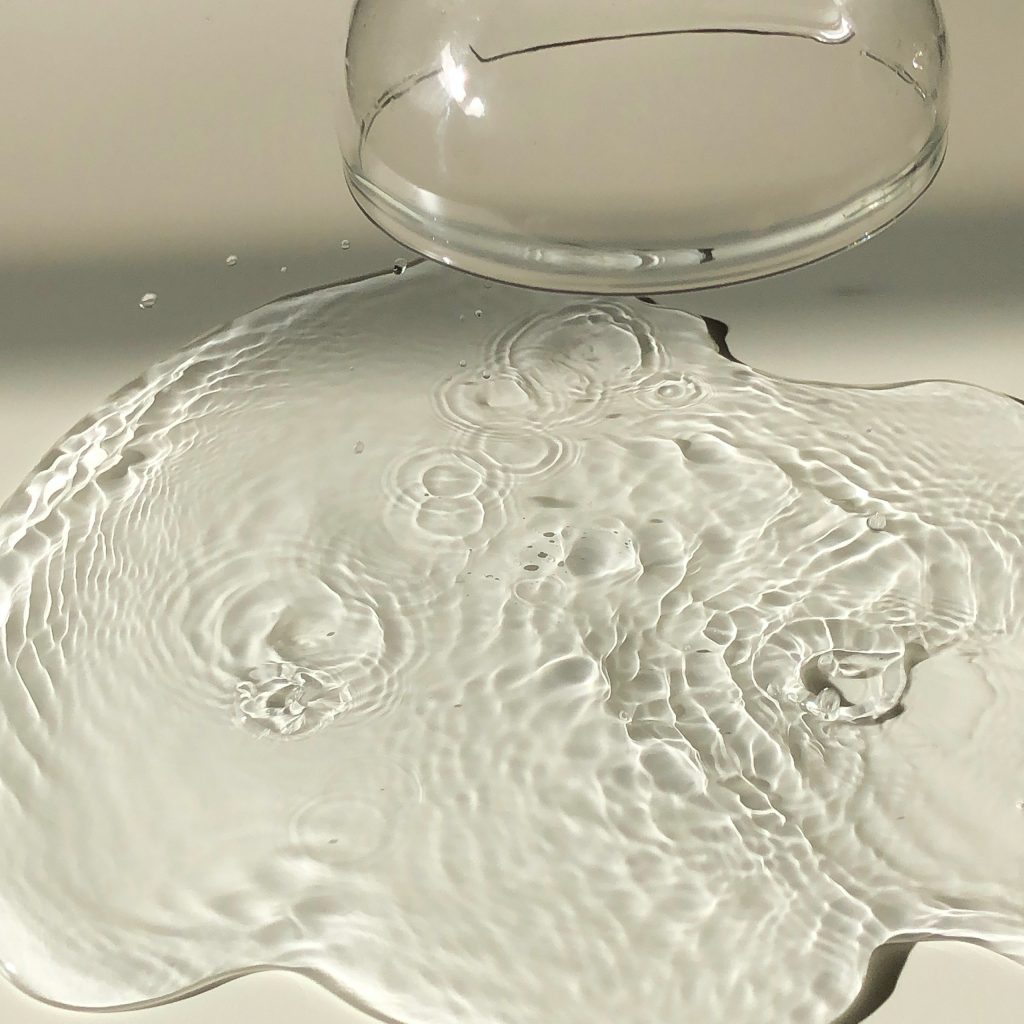
What are the 7 stages of purification of water?

